50 years have passed, but Vietnam's victory in the "head-to-head confrontation" with the superpower, the US empire, still surprises the world . Questions about the cause and solution for this outcome are constantly raised. After all, the "key" to "decode" the strength of the Vietnamese people in the resistance war against the US to save the country is President Ho Chi Minh.
Aspiration to liberate the South and unify the country
In Ho Chi Minh's thought, national independence is a sacred, inviolable right, but true independence must necessarily be linked to unity and territorial integrity. This is a matter of principle, so in President Ho Chi Minh, the will to protect national independence always goes hand in hand with the will to fight for national unification. In the face of the US imperialists and their puppet regime's long-term division of our country, he always affirmed, "Vietnam is one. The Vietnamese people are one. Rivers can dry up. Mountains can wear away. But that truth will never change."
In 1964, the 10th anniversary of the country's division, in his New Year's greetings, he told the people: "North and South are like roots and branches/ Brothers of the same blood, fighting with one heart/ Then the reunification will be successful/ North and South will be happy together again". This man full of emotions was also a man with an "iron" stance on the goal of liberating the South and unifying the country. He once told General Vo Nguyen Giap: Even if they bomb the sea, we must liberate the South at all costs.
After the General Offensive and Uprising in the Spring of Mau Than 1968, the goal of liberating the South had not been achieved. President Ho Chi Minh continued to call on the people: "Forward! Soldiers and compatriots/ North and South reunite, what spring is happier!" With extraordinary courage and "unparalleled" prestige, President Ho Chi Minh transformed the aspiration for national unification into an uprising action of the entire nation to achieve the goal of national unification.
"Chief Architect" of the path to liberate the South and unify the country
War is not only a struggle of strength but also a battle of wits between the commanding “brains”, in which the formulation of war strategies is the key step. As Party Chairman and State President , Ho Chi Minh played a decisive role in formulating the strategy for the resistance war against the US to save the country.
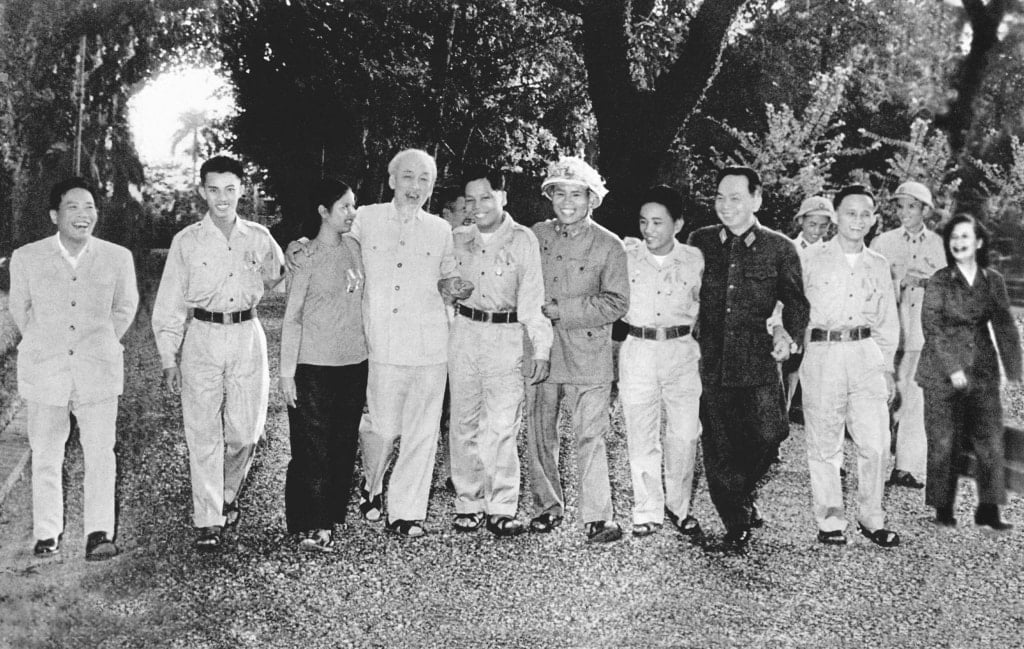 |
President Ho Chi Minh, General Vo Nguyen Giap and the delegation of the People's Armed Forces Heroes for the Liberation of the South in the mango garden at the Presidential Palace (November 1965). Photo archive |
To properly assess the mettle of President Ho Chi Minh and our Party in formulating policies, it is necessary to understand the complexity of the international and domestic situation at that time. The formulation of policies became even more difficult when neo-colonialism at that time was a completely new phenomenon and the North was facing many difficulties in the post-war and post-land reform period.
Under the leadership of President Ho Chi Minh, through many conferences of the Central Committee and the Politburo, the line of resistance against the US and national salvation was gradually formed. The first "turning point" in the Party's thinking on revolutionary war was the Resolution of the 15th Conference of the 2nd Party Central Committee (1959) with the policy of combining political struggle and armed struggle, shifting from partial uprising to long-term revolutionary war. On that basis, the 3rd National Congress of the Party (September 1960) officially approved the line of simultaneously carrying out two strategic tasks in two regions and that was the "only correct solution" to the "hard problem" of the Vietnamese revolution at that time. In a protracted war, the goal of liberating the South was "unchangeable" but the line had to be constantly supplemented. In 1965, the US escalation of the war put the Vietnamese people before a big question: Do we dare to fight the US or not, and if so, how? Under the direction of President Ho Chi Minh, the 11th and 12th Conferences of the Party Central Committee, term III (1965) affirmed: Although the US directly sent troops to participate in the war, the balance of power would not change much; Vietnam was determined to fight the US and would defeat the US. Then, based on the actual situation on the battlefield, the 1968 Mau Than Campaign and the policy of "fighting while negotiating" were approved. In his New Year's greeting letter in 1969, President Ho Chi Minh also pointed out the method of ending the war as "Fighting to make the US leave, fighting to make the puppet regime fall", that is, we must practice the art of winning step by step, defeating each part to achieve total victory.
Genius predictions
President Ho Chi Minh was the first person to predict that the US would replace France in invading Vietnam. When General Vo Nguyen Giap returned from Dien Bien Phu, he shook hands and congratulated him, then said: "Our people must continue to fight the US." At the sixth meeting of the Central Executive Committee of the Party, term II (July 1954), President Ho Chi Minh pointed out: "The US imperialists are becoming the main and direct enemy, our spearhead must be aimed at the US imperialists." It must be emphasized that at this time, the US imperialists had just suffered heavy losses in the Korean War; few people thought that the US would immediately launch a war of aggression against Vietnam. However, history unfolded exactly as President Ho Chi Minh predicted.
President Ho Chi Minh had predicted the time of liberation of the South early. In the draft of the National Day Speech on September 2, 1960, he wrote: “If all our people unite and persevere in the struggle, then at the latest 15 years from now, our Fatherland will certainly be unified, the North and the South will certainly be reunited”. In his Testament written in 1965, he clearly wrote that “the resistance war against the US may last for several more years”, meaning within the next 10 years, and in reality, this was exactly what happened.
President Ho Chi Minh also predicted that the US would use B-52 aircraft to attack Hanoi and would lose after losing in the sky of Hanoi. June 18, 1965 was the first time the US used B-52 to bomb our base in Ben Cat (now in Binh Duong province ), but since 1962, he told comrade Phung The Tai: "From now on, you must closely monitor and regularly pay attention to this type of B-52 aircraft". In 1968, he predicted: "In Vietnam, the US will definitely lose, but it will only lose after losing in the sky of Hanoi".
Guided and warned by Uncle Ho's early and accurate predictions, our army and people proactively built appropriate response plans and pushed the enemy into a passive position, leading to defeat.
Promote combined strength
With the viewpoint that “victory does not come naturally”, President Ho Chi Minh sought every way to create and promote the overall strength for Vietnam to win. First of all, he highly promoted the leadership role of the Party - the decisive factor for all victories of the Vietnamese revolution. Under his leadership, our Party made excellent decisions in directing the revolutionary strategy in the South. He also trained a team of successor cadres who were always steadfast in the goal of liberating the South. This was especially meaningful when President Ho Chi Minh “passed away” while the South had not yet been liberated.
President Ho Chi Minh closely directed the transfer of troops to preserve forces and create human resources for the Southern revolution later. He was very successful in turning the tradition of patriotism and solidarity of the Vietnamese people into material strength in the struggle for survival with the enemy. Following his call "Nothing is more precious than independence and freedom", patriotic emulation movements were born in the North in all sectors and fields. In the South, "anti-American belts" were formed. With his belief in the people and his ability to motivate the people, President Ho Chi Minh created in Vietnam a strange scene of "meeting heroes everywhere". Stunned by a small but resilient and indomitable Vietnam, international friends praised: "The Vietnamese people are the tragic pride of our time". The enemy had to call the Liberation Army soldiers "barefoot, steel-willed". Later, US Defense Secretary R. McNamara had to admit that they had made a terrible mistake in underestimating the power of nationalism in motivating a nation to fight and sacrifice for its ideals. That great spiritual strength was inspired and fueled by President Ho Chi Minh.
President Ho Chi Minh highly promoted the strength of the Vietnam People's Army. Our resistance war was a people's resistance war in which the Army still played a core role. He asked the Army "to always develop iron discipline, a spirit as strong as copper, and an indomitable will to win." Under his leadership, the Vietnam People's Army became a heroic army of a heroic nation. When the world recognized our Army as "a well-trained, very good-fighting army, considered one of the best infantry forces in the world," the credit first belonged to President Ho Chi Minh - the beloved Father of the Vietnamese armed forces.
President Ho Chi Minh persistently built the North into a great rear base of the great front line of the South. He called the North the “locomotive”, the foundation, the root of the struggle for national liberation and encouraged the youth of the North to be ready to “cut through the Truong Son range to save the country”. Countless families in the North received death notices with the inscription that their children “had heroically sacrificed on the Southern Front”, but the procession of people going to battle absolutely did not stop.
President Ho Chi Minh skillfully “internationalized” the struggle of the Vietnamese people to receive great support from the people of the world. He always emphasized that the Vietnamese people fought against the US to protect justice, the equal rights of all nations, and to protect true peace. Therefore, supporting Vietnam in fighting the US is a “measure” of pure international spirit, conscience, and human dignity. President Ho Chi Minh’s influence and international prestige made humanity give his people much sympathy and great support.
In the extremely long and fierce struggle for national independence of the Vietnamese people, the belief in victory is extremely important and the belief in victory that President Ho Chi Minh instilled in the people is also a strong motivation for the Vietnamese people to overcome all obstacles, to reach the day of total victory. The deep affection that he had for the people of the South also moved the people and made them determined to liberate the South to "welcome Uncle Ho to visit, see him smile". The sayings of President Ho Chi Minh such as: "The South is always in my heart", "I have gone to a place but have not returned yet", "I have not fulfilled my duty to the people of the South" and the advice "if I die before the day our country is unified, then send some of my ashes to the people of the South" touched millions of hearts. When he was old and weak, he always remembered the South, taking the victory of the South as strength and joy to fight against illness. The entire Vietnamese people understood and appreciated that sentiment, so the first oath he made when he passed away was "to resolutely liberate the South and unify the country" and nearly 6 years later that oath came true.
Associate Professor, Dr. TRAN THI MINH TUYET
Source: https://baodaknong.vn/chu-cich-ho-chi-minh-voi-cong-cuoc-giai-phong-mien-nam-thong-nhat-dat-nuoc-251199.html




![[Photo] Prime Minister Pham Minh Chinh receives United Nations Secretary-General Antonio Guterres](https://vphoto.vietnam.vn/thumb/1200x675/vietnam/resource/IMAGE/2025/10/25/1761390212729_dsc-1484-jpg.webp)

![[Photo] National Assembly Chairman Tran Thanh Man receives United Nations Secretary-General Antonio Guterres](https://vphoto.vietnam.vn/thumb/1200x675/vietnam/resource/IMAGE/2025/10/25/1761390815792_ctqh-jpg.webp)
![[Photo] Prime Minister Pham Minh Chinh and United Nations Secretary-General Antonio Guterres attend the Press Conference of the Hanoi Convention Signing Ceremony](https://vphoto.vietnam.vn/thumb/1200x675/vietnam/resource/IMAGE/2025/10/25/1761391413866_conguoctt-jpg.webp)
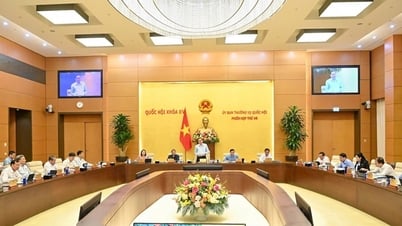

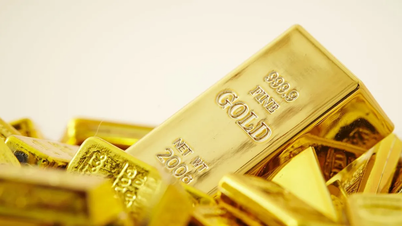
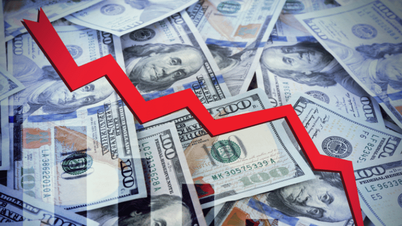
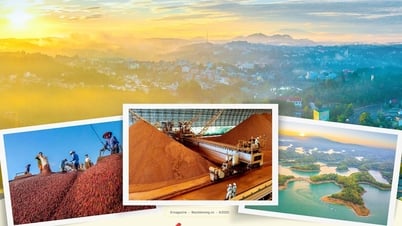
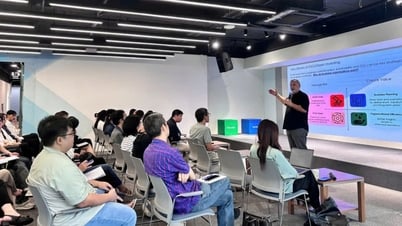
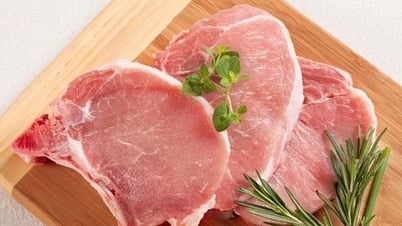





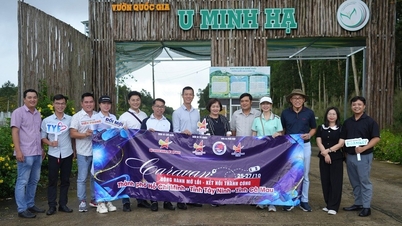

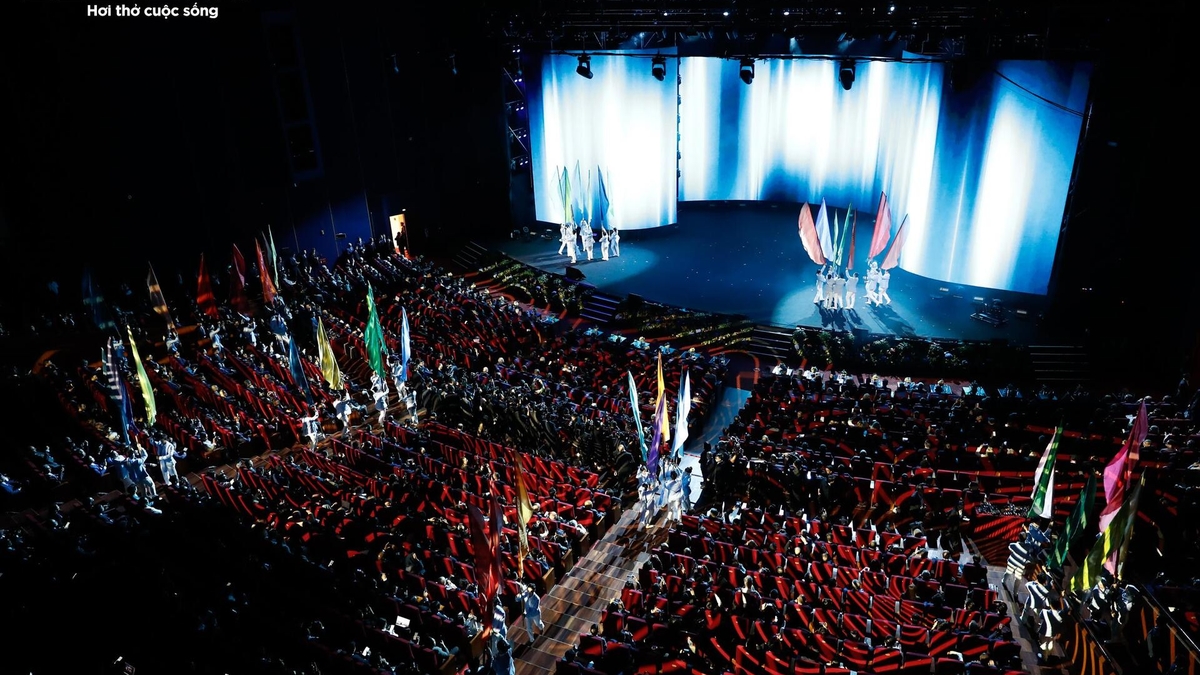
![[Photo] General Secretary To Lam meets with General Secretary and President of Laos Thongloun Sisoulith](https://vphoto.vietnam.vn/thumb/1200x675/vietnam/resource/IMAGE/2025/10/25/1761380913135_a1-bnd-4751-1374-7632-jpg.webp)






































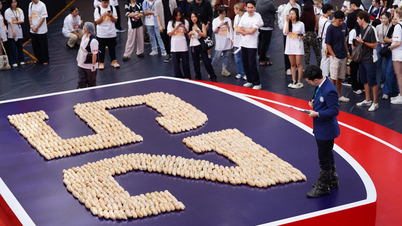
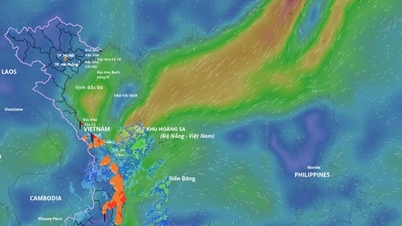


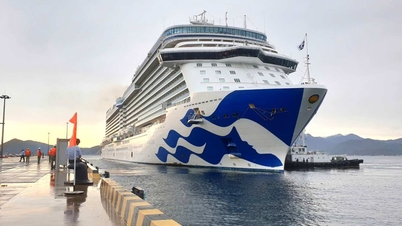
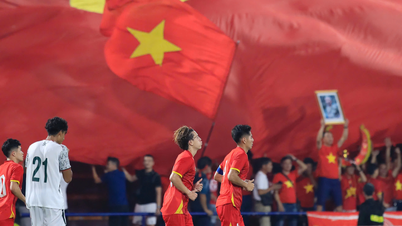


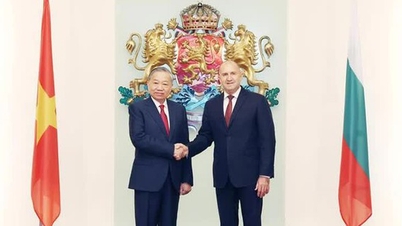

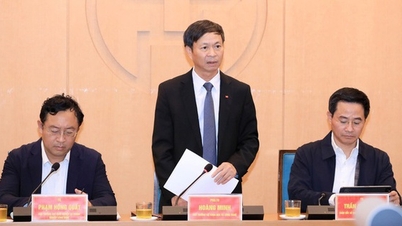
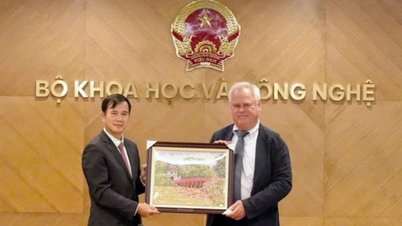
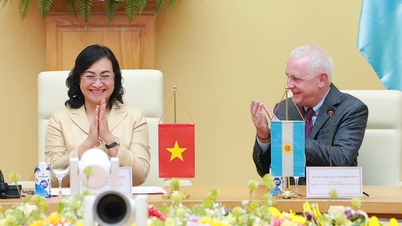

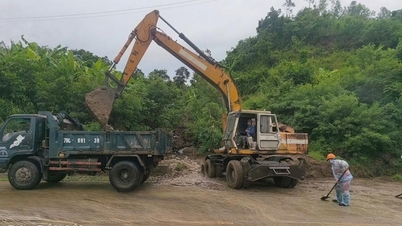

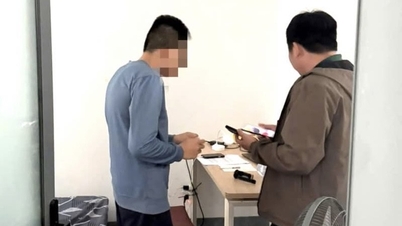

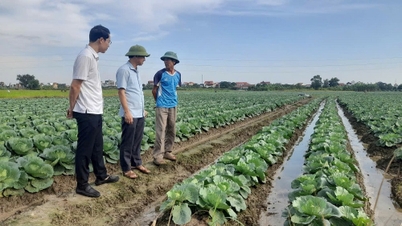

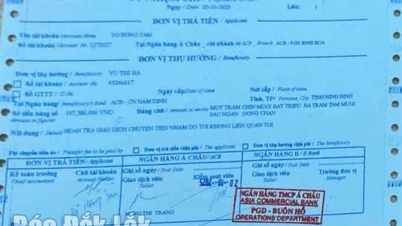
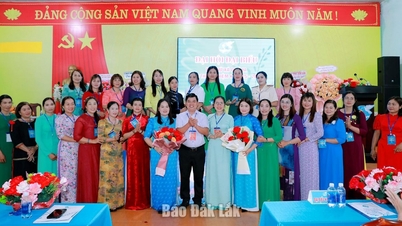
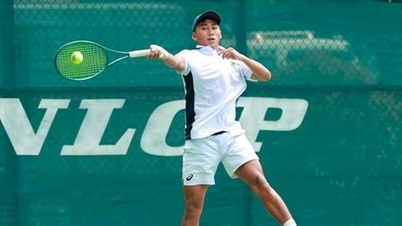













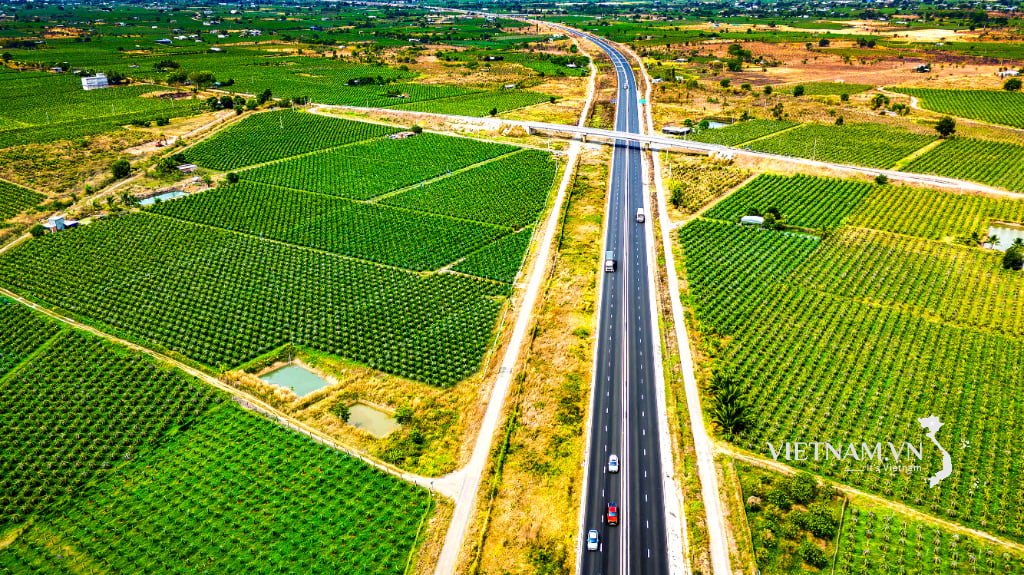


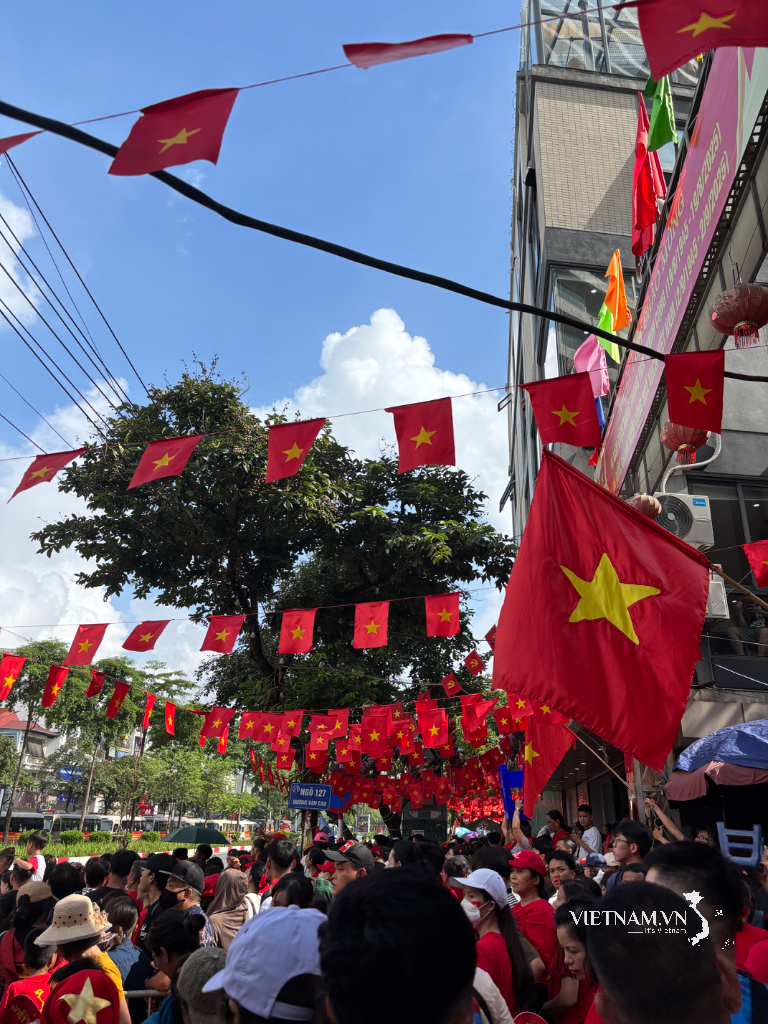
Comment (0)